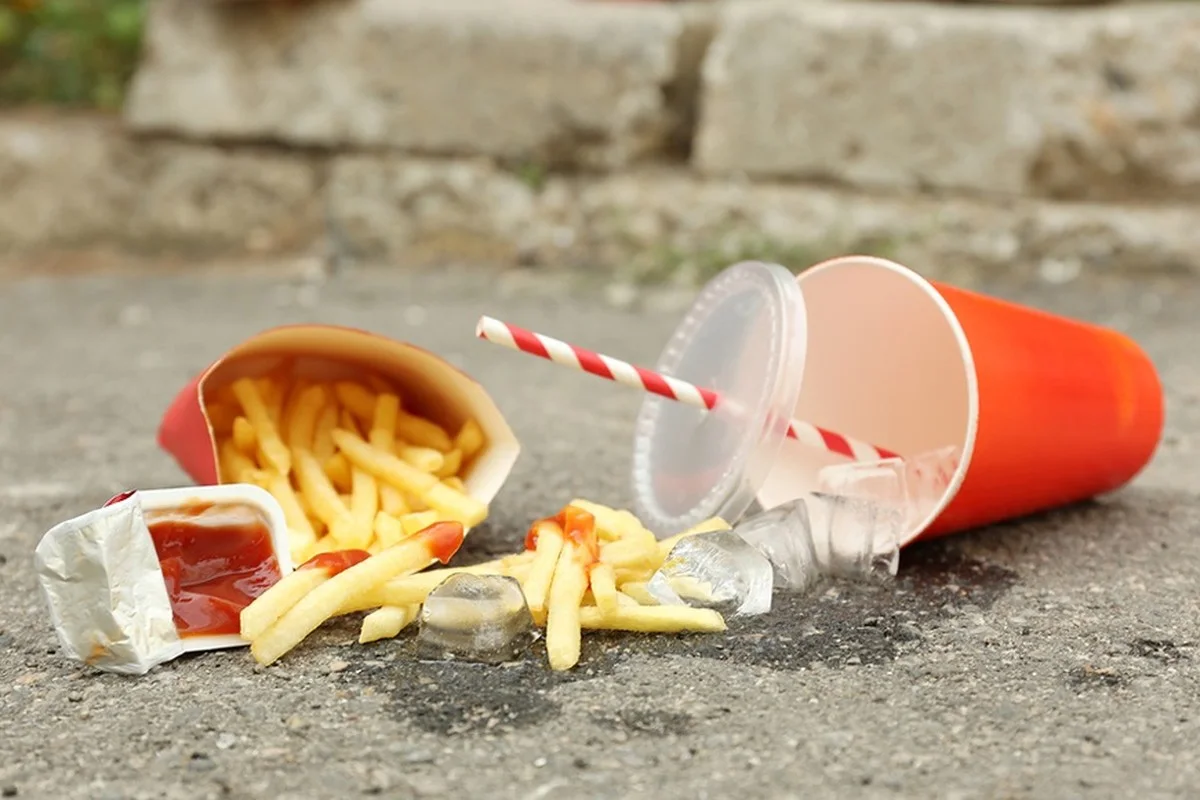19/02/2025
19/02/2025

DUBAI, Feb 19i: The Department of Municipalities and Transport (DMT) in Abu Dhabi has issued a stern warning to residents regarding public littering and improper waste disposal, with fines of up to Dh4,000 for violations. The move, announced on Tuesday, is part of the emirate's ongoing efforts to preserve public spaces and ensure the cleanliness, health, and aesthetic appeal of the area.
According to Administrative Decision No. (220) of 2024, in alignment with Law No. (2) of 2012, the new fines are aimed at curbing poor civic behaviour, such as discarding cigarette butts or leaving snack wrappers in public places due to the lack of nearby bins.
The decision outlines over 70 fines, covering a wide range of infractions that include littering, improper waste disposal, disturbing public spaces, unlicensed camping, illegal public advertising, and the abandonment of vehicles.
Key fines for littering and improper waste disposal
Some of the fines that are being imposed for littering and waste disposal violations include:
Discarding cigarette butts outside designated containers:
Dh1,000 – Second violation
Dh2,000 – Third and repeated violations
Disposing of personal waste (e.g. food and drink packaging) outside designated containers:
Dh1,000 – Second violation
Dh2,000 – Third and repeated violations
Leaving waste or equivalent materials in non-designated areas:
Dh2,000 – Second violation
Dh4,000 – Third and repeated violations
Other significant public space violations
In addition to littering fines, the DMT has set out penalties for other behaviours that impact public spaces, including:
Storing or placing materials on rooftops or balconies in a manner that distorts public appearance or harms public health:
Dh1,000 – Second violation
Dh2,000 – Third and repeated violations
Hanging clothes racks outside windows or verandas facing public roads:
Dh1,000 – Second violation
Dh2,000 – Third and repeated violations
Cleaning or placing carpets, covers, or objects on windows or balconies overlooking public roads:
Dh1,000 – Second violation
Dh2,000 – Third and repeated violations
Damaging public greenery, including picking flowers or cutting tree leaves without permission:
Dh1,000 – Second violation
Dh2,000 – Third and repeated violations
Sleeping in public places:
Dh1,000 – Second violation
Dh2,000 – Third and repeated violations
Throwing chewing gum or similar substances in public areas outside designated bins:
Dh1,000 – Second violation
Dh2,000 – Third and repeated violations
Spitting betel leaf (paan) or naswar remnants in public places:
Dh2,000 – Second violation
Dh4,000 – Third and repeated violations
Posting or distributing unauthorized advertisements in public spaces (e.g. on parked cars, poles, or walls):
Dh2,000 – Second violation
Dh4,000 – Third and repeated violations
Smoking in non-designated areas:
Dh1,000 – Second violation
Dh2,000 – Third and repeated violations
Using loudspeakers, radios, or amplifiers in public spaces without permission, or shining laser lights in a way that causes inconvenience:
Dh2,000 – Second violation
Dh4,000 – Third and repeated violations
Abandoning vehicles in public spaces in a way that distorts the general appearance, including leaving them unclean:
Dh1,000 – Second violation
Dh2,000 – Third and repeated violations
The DMT emphasized that all these fines are designed to help maintain public order and cleanliness. Individuals found violating these regulations will face escalating penalties, with repeat offenders subject to heavier fines and potential consequences for more serious offenses.


